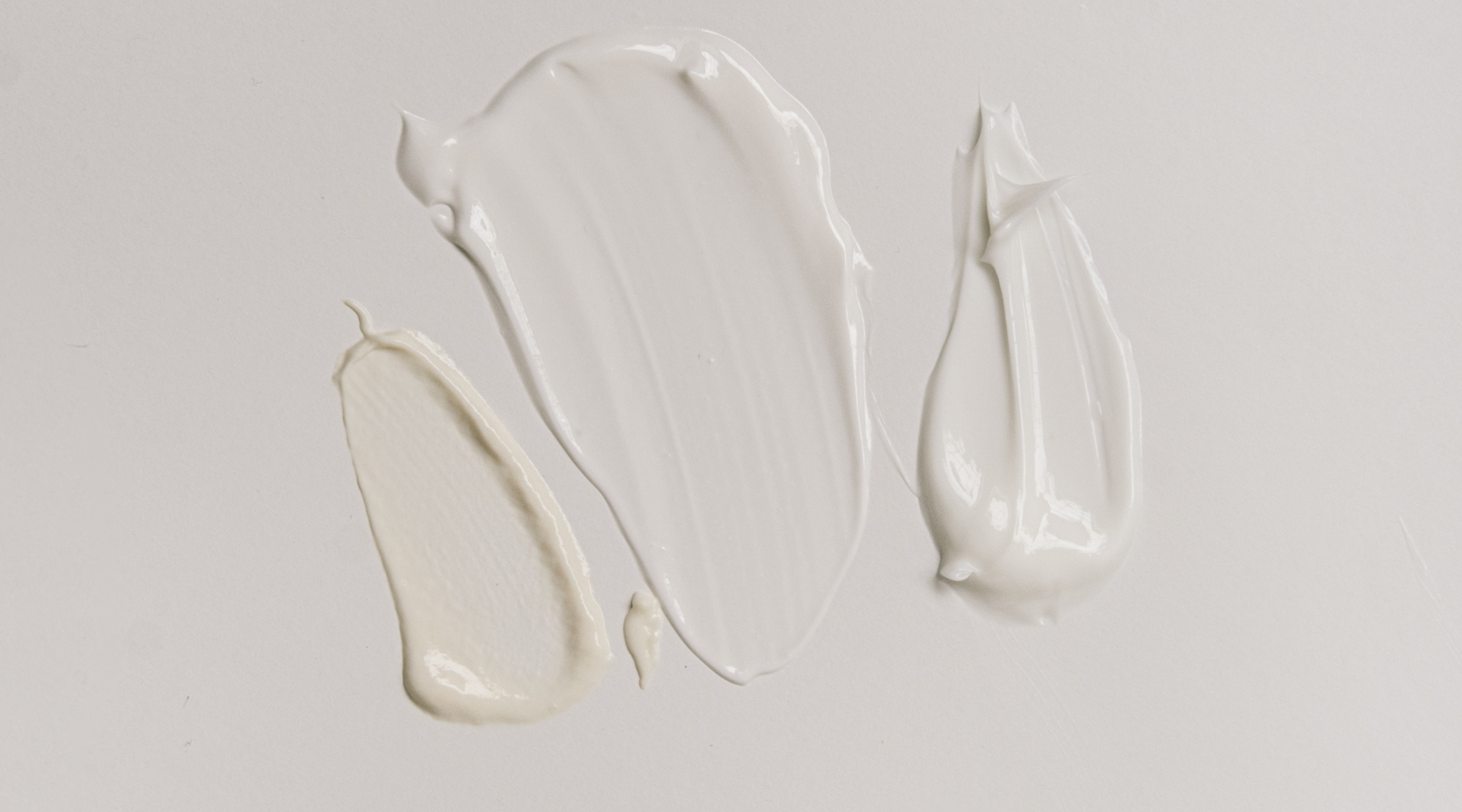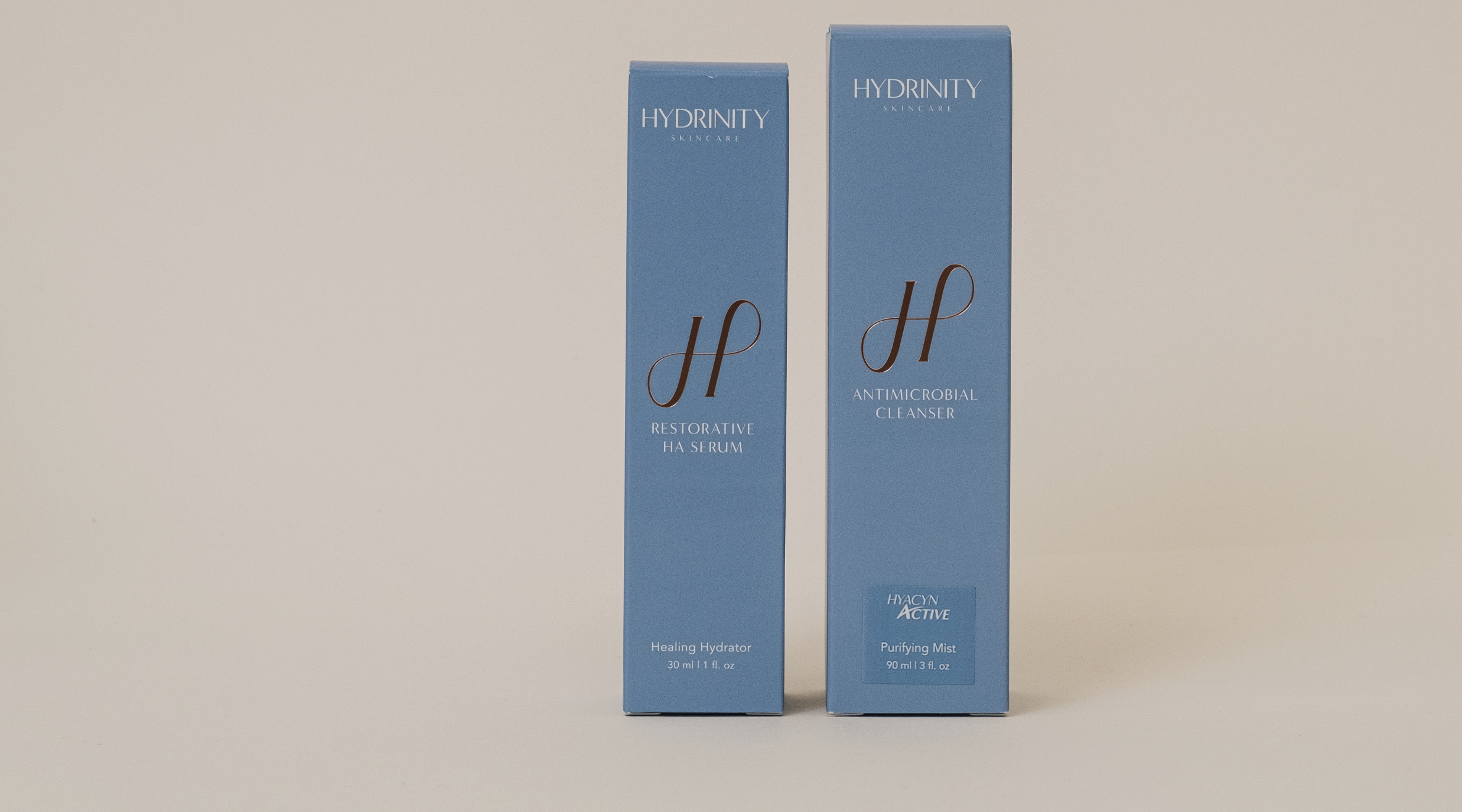
2024 Skincare Myths
In today's digital age, where skincare advice is literally at the tip of your fingers, not all suggestions are trustworthy. Just because information is easily accessible doesn't guarantee its accuracy. Read on this week’s blog to debunk some of the most persistent skincare myths still circulating in 2024!
Myth: Natural ingredients are always better.
Fact: While natural ingredients can offer numerous benefits for the skin, such as hydration, antioxidant protection, and soothing properties, it's essential to recognize that not all synthetic ingredients are harmful. In fact, many synthetic ingredients are carefully formulated to be gentle and effective for various skin concerns. Conversely, some natural ingredients, such as certain essential oils or botanical extracts, can cause irritation or allergic reactions in sensitive individuals.
Additionally, the potency and purity of natural ingredients can vary widely, so what works for one person may not work for another. Therefore, it's crucial to prioritize ingredient efficacy and safety over whether they are natural or synthetic when selecting skincare products. Hence, this is why professional and research-backed products are always the best choice for your skin!
Myth: More expensive products are more effective.
Fact: While some high-end skincare products may contain premium ingredients or innovative formulations, price does not always equate to effectiveness. Many affordable and professional skincare options on the market offer comparable results to their pricier counterparts!
It’s most important to remember that skincare effectiveness is highly individual and depends on factors such as skin type, concerns, and personal preferences. It is essential to evaluate product ingredients, reviews, and performance rather than solely relying on price when purchasing.
Myth: You only need sunscreen on sunny days.
Fact: Sunscreen is a crucial component of daily skincare, regardless of weather conditions or season. While it's true that UVB rays, which cause sunburn, are more intense on sunny days, UVA rays, responsible for premature aging and skin cancer, are present year-round and can penetrate clouds and windows.
Consistent application of broad-spectrum sunscreen helps protect the skin from UV damage, reducing the risk of sunburn, premature aging signs like wrinkles and sunspots, and skin cancer development. Incorporating sunscreen into your daily skincare routine is a non-negotiable, proactive measure to maintain healthy, youthful-looking skin and minimize long-term sun damage!
ALASTIN SKINCARE HYDRATINT PRO MINERAL BROAD SPECTRUM SUNSCREEN SPF 36
TIZO TIZO3 FACIAL PRIMER SUNSCREEN SPF 40
Myth: If prevention is key against aging skin, should teens be using retinol?
Fact: The use of retinoids in teens is a topic of debate among dermatologists. While retinoids and retinol are effective in treating acne and promoting skin renewal, they can also be quite potent and may cause irritation, dryness, and increased sensitivity to the sun, primarily when misused or in high concentrations.
Some dermatologists and skincare professionals may suggest retinol to teens with severe acne, as it can help unclog pores, reduce inflammation, and prevent new acne lesions from forming. However, it's crucial for teens to use retinol under the guidance of a dermatologist and to start with a low-concentration formula to minimize the risk of side effects.
Myth: Sensitive skin can't be fixed.
Fact: Sensitive skin requires ongoing management. For some individuals, sensitive skin may be a chronic condition that requires ongoing management rather than a one-time fix. Factors such as genetics, environmental influences, and lifestyle habits can contribute to ongoing skin sensitivity.
While sensitive skin may not be entirely "fixed" in the sense of becoming completely resilient to all potential triggers, there are steps individuals with sensitive skin can take to manage and reduce sensitivity. Adopting a gentle skincare routine, avoiding harsh ingredients, consulting with a professional, minimizing exposure to environmental irritants, and addressing underlying skin conditions or allergies will all help improve sensitive skin over time.
SKINCEUTICALS GENTLE CLEANSER
YONKA PARIS SENSITIVE SKIN CREAM
Until next time,
The BSE Team















Leave a comment